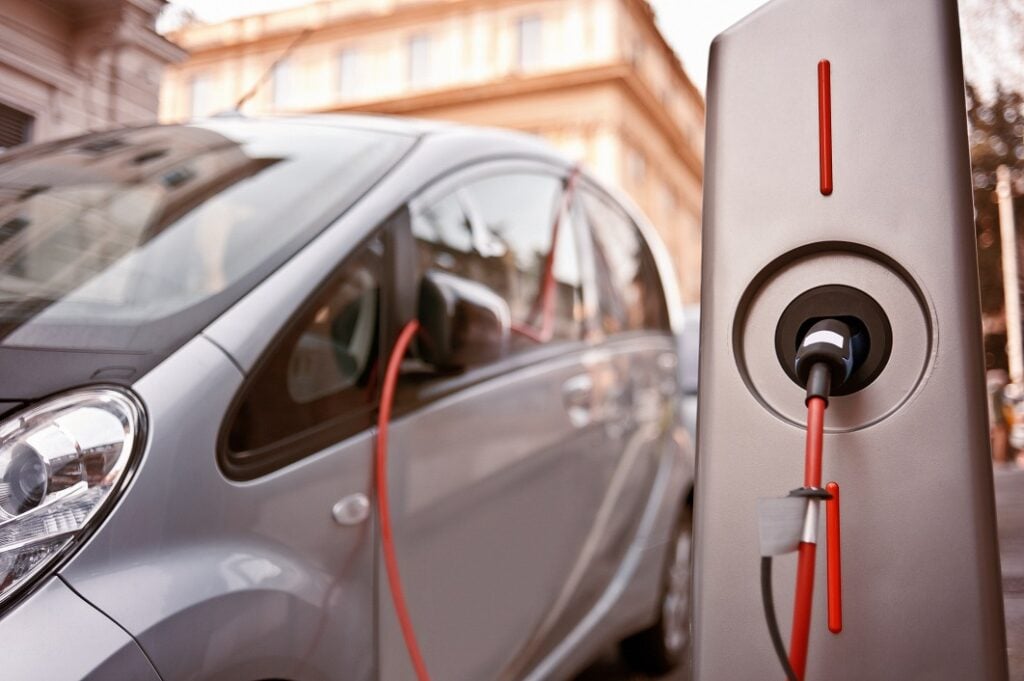Vehicle-to-grid (V2G) technology could help with electrification of commercial fleets, but barriers such as cost and battery life remain.
A survey of 500 fleet managers as part of V2G demonstrator project E-Flex found that 86% intend to deploy electric vehicles (EVs) over the next five years, with 27% already using EVs.
However, one of the largest barriers, at 55%, was cited as the initial high purchase cost of the vehicles themselves. Just under half, at 48%, said they have concerns over battery life and rising energy costs came in as the largest barrier overall, with 72% citing it as their biggest concern.
V2G technology could help alleviate these concerns, however. E-Flex’s research found that 53% of the managers surveyed believe V2G could help with the transition, and 54% believed that investing in V2G could offset the initial costs of the vehicles themselves.
Maria Hernandez, head of innovation at Cisco UK and Ireland, which is part of a consortium running the project, said V2G has the potential to bring fleets new revenue streams and an opportunity to lower their carbon emissions, but the real-life benefits have “yet to be comprehensively demonstrated in the UK with E-Flex”.
Further evidence of the technology’s ability to reduce costs and create revenue could accelerate the electrification of fleets, Hernandez added.
E-Flex, which is run by a consortium including Cisco, Cenex, Nuvve and Imperial College London among others, is currently exploring the commercial viability of V2G technology in both London and Plymouth. It recently added all-electric last mile delivery company Gnewt to the project.
A V2G project has also been launched between Islington Council, Moixa and Honda, with five chargers installed at Islington Town Hall.
The project was designed to help electrify other fleets through setting an example for other councils and government organisations.





